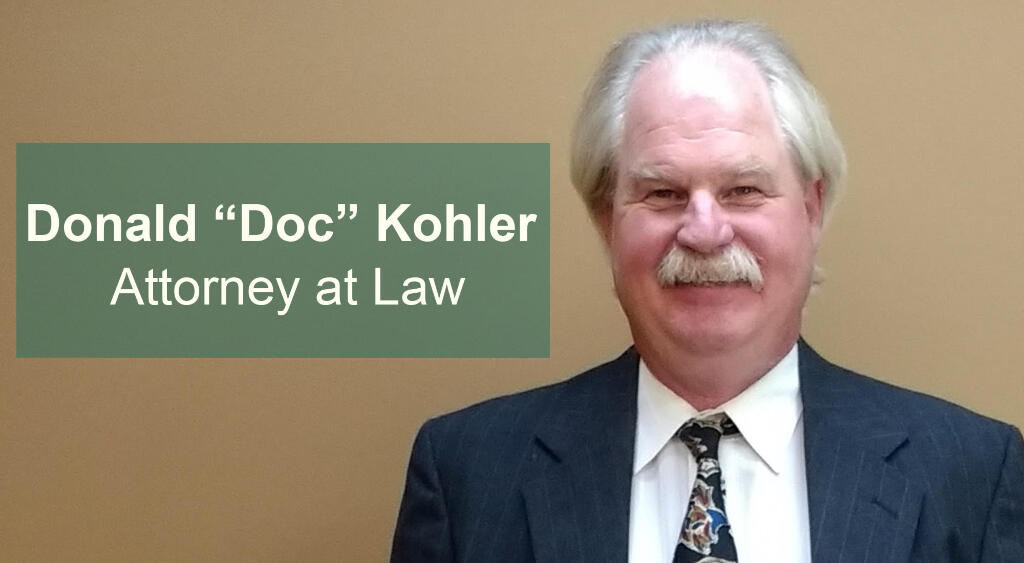
Before earning his law degree in 1998, Mr. Kohler graduated from Metropolitan State University in St. Paul, MN, with a BA in Communications in 1991. Prior to and while going to school, he worked at United Parcel Service.
LEARN MORE ABOUT DON KOHLER
EXECUTORS - STEPS PRIOR TO OPENING THE ESTATE The terms "executor," "administrator," and " personal representative" are all synonyms for someone who is legally responsible for managing the estate of a person who has died. The position of executor may be filled by a specific person named in the decedent's will or, if the decedent did not make a will, by someone whose relationship with the decedent makes him the legally responsible party (i.e., parent or spouse). The position can be refused. If you agree to be someone's executor, your work begins when that person dies. Your initial step is to determine whether the decedent made a will. One place to check is the probate court of the county where the decedent lived. Another place is with the decedent's lawyer. Of course, a will may be located in the decedent's home or safe deposit box. A will should be located and read without delay because it may contain provisions about the decedent's funeral or burial wishes. In most cases, the decedent's family members will take care of funeral and burial arrangements. Keep in mind that the arrangements may be your duty if the decedent has no surviving family. Although each state has laws specifying the sequence of people that have the right to decide about details of the ritual service and the disposal of the decedent's body, such laws are rarely enforced due to time constraints. Even if someone else makes the arrangements, you, as executor, should be aware of them because all reasonable funeral expenses are chargeable against the decedent's estate. Be aware that state laws give funeral directors priority over other creditors. This means that the funeral director's bill must be completely paid before other debts (except for administrative costs and taxes). Thus, you should look over the bill carefully and closely examine any questionable items. Your most important preliminary duty is to find out what property makes up the decedent's estate and who are the parties that can claim it. Basically, you should identify any competing interests and anyone that can hold you accountable. Interests stem from four major areas:
|
